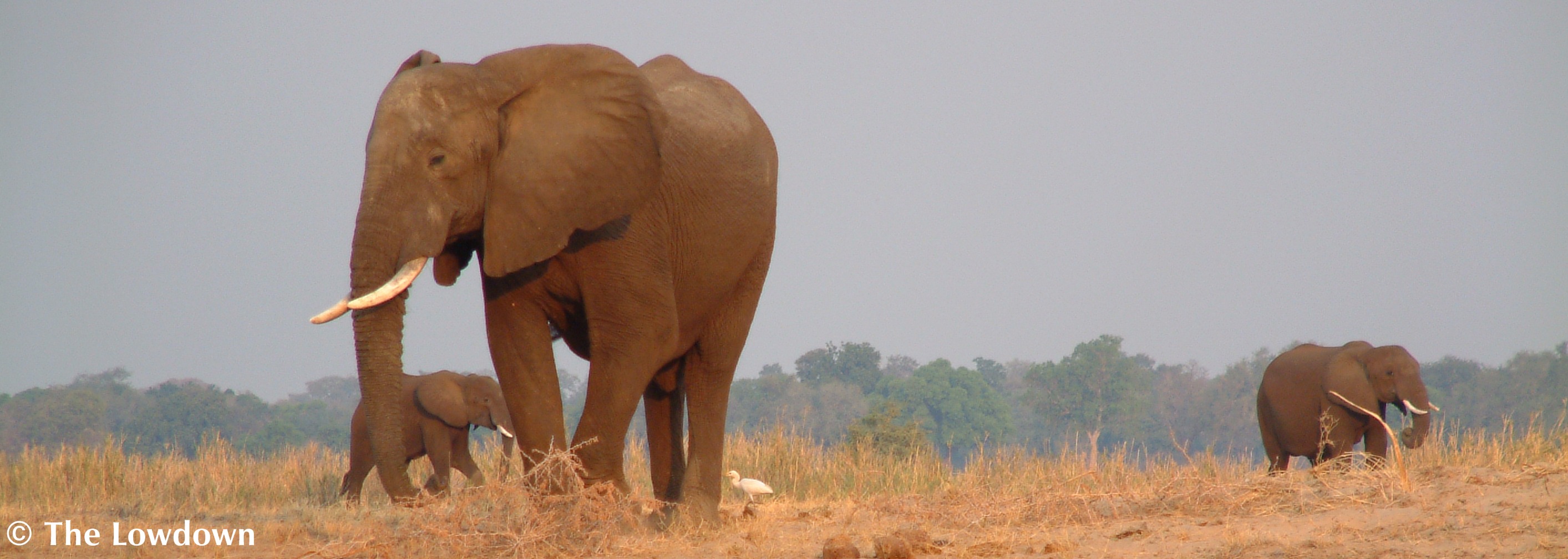 September 22nd. The 266th day of the year.
September 22nd. The 266th day of the year.
September 22nd. World Rhino Day.
Yet as we write this on 22 August, already 281 rhinos have been poached in South Africa this year. More than one Rhino a day! Zimbabwean rhinos are also under siege with reports of light aircraft being used to track down these gentle giants and remove their horns, sometimes whilst they are still alive, leaving them to suffer unimaginable pain.
Little information is available on efforts being made in Zimbabwe to shut down the poaching syndicates who seem to be ‘well organised and well funded’ to quote from one report that we read. South Africa is having a little more success with a number of sting operations having been conducted, and a few poachers arrested. These criminals, which include game farmers, veterinarians and professional hunters, are now being processed by the courts who are handing down some heavy sentences. Although whether the sentences are heavy enough is open to debate.
The problem of the slaughter of our animals with not go away until such time as the market for their products goes away. And it is not only the market for rhino horn but also the market for ivory from our besieged elephants and now also our harmless little pangolins.
So where are these rhino horns, elephant tusks and pangolin scales ending up?
In the case of rhino horn, research which has been carried out by various international bodies seems to point to the Far East, specifically China and Vietnam. It seems that in these countries it is believed that rhino horn has medicinal properties including aiding with arthritis, fever and being a cure for cancer. Some researchers have even gone so far as to say that Chinese pharmaceutical companies are manufacturing medicines derived from rhino horn. In Vietnam, the growing affluent middle class is fuelling the trade in rhino horn with their insatiable demand for horn where they also believe it cures hangovers. Given that rhino horn is merely keratin, the same material that our finger and toe nails are made from, this is quite ridiculous but this does not stop the demand which is threatening to wipe out the world’s remaining small rhino population.
The ivory from Africa’s elephants is also known to end up in the Far East, and again China seems to be the destination country where it is carved into intricate jewellery and ornaments. Egypt is also named as one of the major markets for ivory, where ivory products are freely and openly available in Cairo and at Egyptian holiday resorts. But it is not only these two countries. Reports suggest that the USA may be the world’s second largest market for ivory where their laws and the CITES regulations are not properly enforced as well as a loophole in their law which allows ‘antique’ ivory to be imported which is seeing newly killed ivory slipping into the country. Hippo teeth and warthog tusks often travel the same route as elephant ivory.
And our harmless pangolin? Again, China pops up as the main destination for pangolin products, specifically scales where again it is reported that they are used in traditional medicine and fashion accessories. The meat is also considered a culinary delicacy where the animals are kept alive until they are to be eaten. At this stage, they are hammered unconscious, their throats cut and the blood drained. It is a long slow death and according to reports, the customers usually take the blood home with them.
The trade, up until recently, has mostly been in the species of pangolin found in Asia but with years of sustained poaching and the added problem of deforestation, the Asian species is nearing extinction and they are now looking to Africa for their supply. In July, Ugandan police arrested a suspect who had on him 115 kilograms of pangolin scales, a haul which could represent as many as two hundred pangolins.
The poaching and continued killing of Africa’s rhinos, elephants and pangolins either by foreigners or for foreign markets needs to be brought to a halt.
Africa, including Zambia, needs to demands that these destination countries put in place and enforce strong legislation against their nationals who are involved in the trade in African wildlife and wildlife products.
The continued slaughter of Africa’s wildlife is robbing our children, our grandchildren and our great grandchildren of their birthright and of their national heritage. They are also being robbed of future potential income from tourists who visit our countries to see our African animals.
Remember that these countries have already wiped out their own wild animal populations and it will be of no consequence to them if they wipe out ours as well.

Leave a Reply
You must be logged in to post a comment.